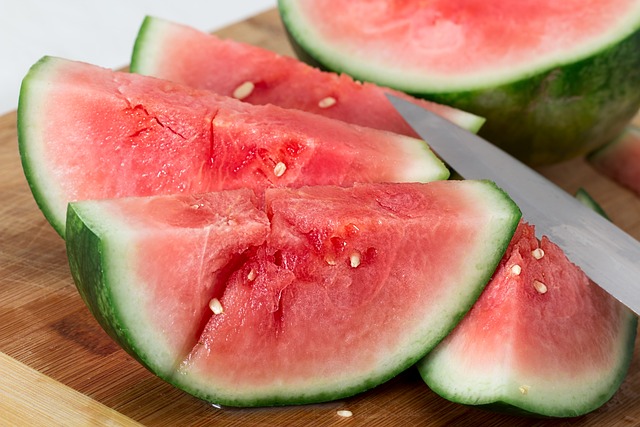Constipation is a common digestive issue that can cause discomfort and disrupt daily life. While there are many treatments available, emerging research suggests that probiotics, which are live microorganisms that are beneficial for our health, may offer a natural and effective way to relieve constipation. In this blog, we’ll explore the connection between probiotics and constipation, the potential benefits of incorporating probiotics into your routine, and how to choose the right probiotic for your needs.
Understanding Constipation
Constipation is a condition characterized by infrequent bowel movements, difficulty passing stools, and hard, dry stools. It can be caused by a variety of factors, including a low-fiber diet, dehydration, stress, and certain medications.
Constipation can be uncomfortable and even painful, and it can lead to other health issues such as hemorrhoids and anal fissures. Therefore, it’s important to find effective ways to relieve constipation and improve digestive health.
How Probiotics Can Help Relieve Constipation
Probiotics can help relieve constipation by improving gut health and regulating bowel function. Studies have shown that probiotics can:
- Increase the frequency of bowel movements and soften stools by promoting the growth of beneficial bacteria in the gut
- Improve gut motility, or the movement of food through the digestive tract, by stimulating the production of digestive enzymes and other compounds
- Alleviate digestive issues, such as bloating and gas, that can contribute to constipation
- Enhance the absorption of water and nutrients in the gut, which can soften stools and make them easier to pass
In addition, probiotics can help address other health issues that can contribute to constipation, such as immune dysfunction and inflammation.
Choosing the Right Probiotic for Constipation
When choosing a probiotic supplement for constipation, look for one that contains strains that have been shown to be effective, such as Lactobacillus acidophilus, Bifidobacterium bifidum, and Lactobacillus rhamnosus GG. It’s also important to choose a supplement that contains a high number of colony-forming units (CFUs) and to follow the recommended dosage on the label.
In addition to probiotic supplements, you can also get probiotics from fermented foods, such as yogurt, kefir, kimchi, sauerkraut, and kombucha. However, it can be difficult to get a consistent dose of probiotics from fermented foods, so probiotic supplements may be a more practical option.
Other Strategies for Relieving Constipation
While probiotics can be an effective way to relieve constipation, there are other strategies that can also help. These include:
- Eating a high-fiber diet that is rich in fruits, vegetables, whole grains, and legumes
- Drinking plenty of water and other fluids to stay hydrated
- Engaging in regular exercise, which can help regulate bowel function and improve gut motility
- Avoiding certain medications or substances that can contribute to constipation, such as antacids and opioids
- Using laxatives or other over-the-counter treatments as directed by a healthcare professional
Conclusion
Constipation can be a frustrating and uncomfortable condition, but there are many treatments available, including probiotics. Probiotics offer a natural and effective way to relieve constipation by improving gut health and regulating bowel function. When choosing a probiotic supplement for constipation, look for one that contains strains that have been shown to be effective, such as Lactobacillus acidophilus, Bifidobacterium bifidum, and Lactobacillus rhamnosus GG. By incorporating probiotics and other constipation-relieving strategies into your routine, you can optimize your digestive health and improve your quality of life.







